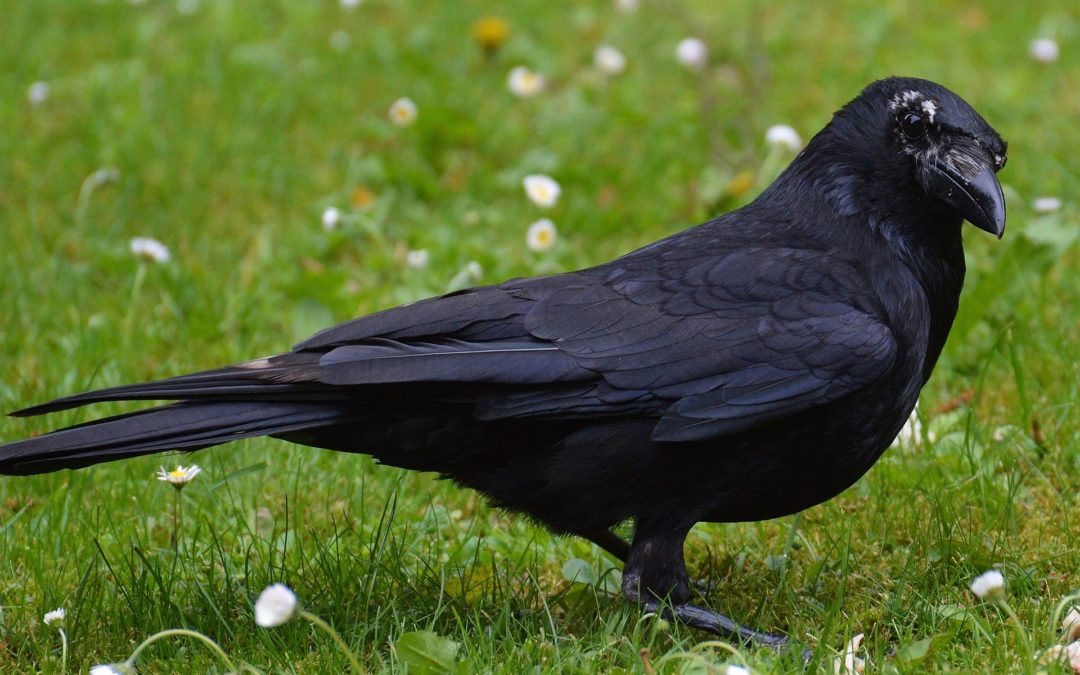I was listening to one of my favorite podcasts, NPR’s TED Radio Hour (online or on your podcast app), the other day when I heard podcast host, Guy Raz, asks evolutionary biologist Mark Pagel why humans are the only ones who developed language. Pagel’s answer: “It boils down to the fact that other animals really don’t have anything to talk about.”
That really got my dander up. In fact, it tainted the rest of Pagel’s interview in TED Talk Hour’s “Spoken and Unspoken” episode and clouded his premise: That humans’ complex language system is a piece of “social technology” that allowed early human tribes to access a powerful new tool: cooperation.
As a spiritual centered being, I totally support the importance of cooperation. As a writer, I absolutely appreciate the power of language. However, I have long believed that it is arrogant for humans to believe that we are the only ones who possess either of these qualities.
I remembered a bit of research by Austrian Ornithologist Konrad Lorenz that piqued my interest during a long ago college psychology class. Lorenz had studied the language of crows and discovered that they not only had a complex language, but that crows from different parts of the world had different dialects.
Hmmm… I have loved crows ever since they taught Dumbo to fly. (If you never saw that Disney classic, check out “Dumbo When I See an Elephant Fly” on YouTube.
So it is with crow language that I started my Internet exploration. I found a treasure trove of evidence to refute Mark Pagel’s assertions. Much of that evidence is neatly packaged in the documentary, “Crows Smarter Than You Think.” (YouTube: https://youtu.be/LF77qpbvkxo).
The documentary points out mankind’s long and checkered past with crows and ravens. They have been feared as symbols of death, because they’re all black and scary, revered as creators of the world, and worshiped as trickster gods, because of their baffling intelligence.
The research:
- Avian Researcher John Marzluff’s research shows that crows can recognize and remember particular people, even particular faces. Researchers in Seattle wore masks while capturing a few crows in a local park. When they returned without the masks, the crows were quiet. But when they wore the masks, warning cries erupted from the entire flock. The captured crows not only could pick out who had the mask but they had told the other crows about it. Further experiments showed that the crows passed this information down to their offspring.
- Crows tell each other about their misfortune. It is not uncommon that if one crow is killed in a farmers field that all the other crows will change whole migration routes to avoid that field.
- Crows have different calls for cats, hawks and humans. Scientists have identified over 250 distinct crow calls. Each crow has an individual voices with 2 different dialects: one loud for the general community and one soft for talk within the family.
- Biologist Anna Braun from the Konrad Lorenz Institute set up an experiment in which research subjects had to figure out which image to tap on in order to get a reward. Children mastered the task after a few tries; dogs after as many as 70 attempts. Crows were as quick as the children.
- Biologist Thomas Bugnyar focuses on theory of the mind, the idea that you, yourself, know what you experience and also can extrapolate and think about others being their own creatures with their own kind of life. He believes that crows possess these qualities and is proving it through his observation of how crows cache their food.
Parting thoughts:
Some people say, “Only people do this.” Well, we haven’t found that. We may be unique in having a whole cluster of things we do, but what we are going to find out is that other animals can do some of that—and if we figure out the way to ask the questions, we might be surprised at the responses we get. — Kevin McGowan, Cornell University
“Crows share a lifestyle with us and if we can understand the link between that lifestyle and the evolution of intelligence and the evolution of brains, then we can understand the evolution of brains and intelligence in general, which includes us.” — Louis Lefebvre, McGill University
As a Spiritual Traveler, you gotta love those crows! They help us get out of our human skin and understand the power and intelligence of all of creation.


Recent Comments